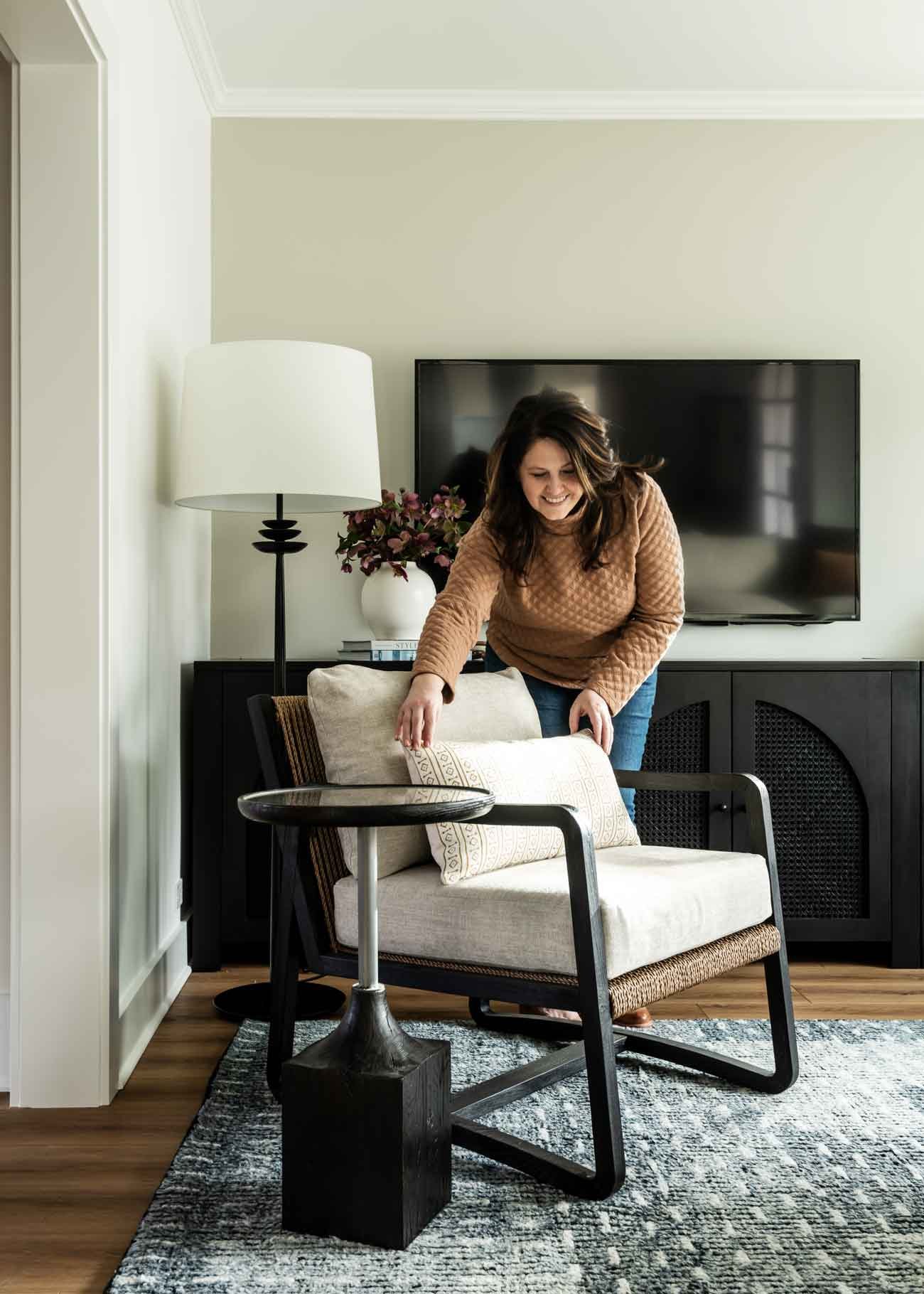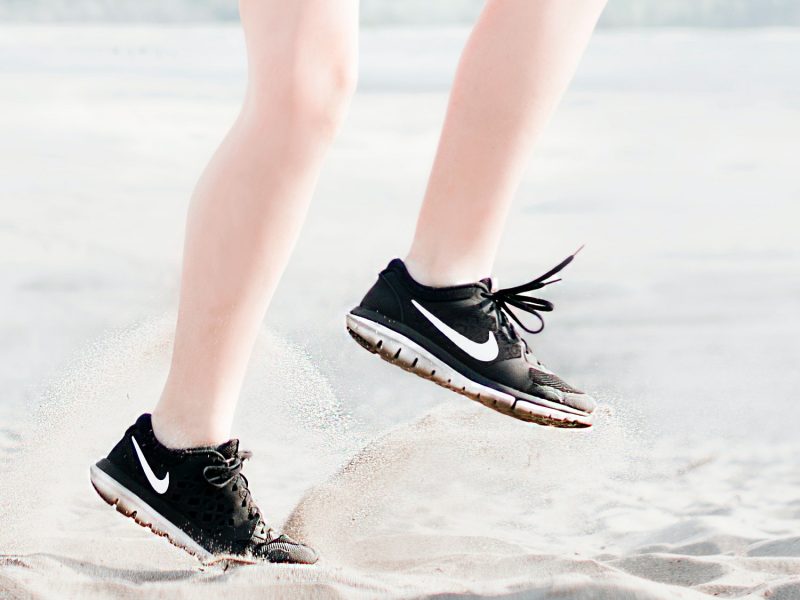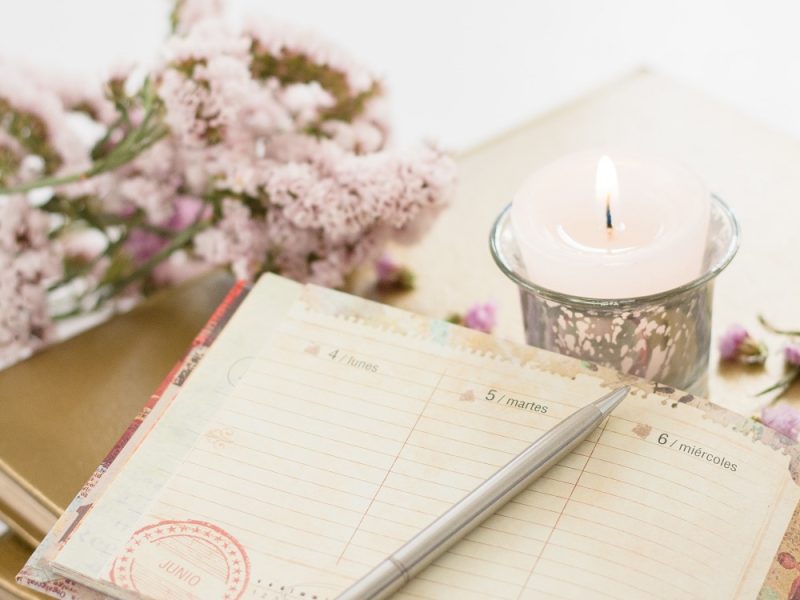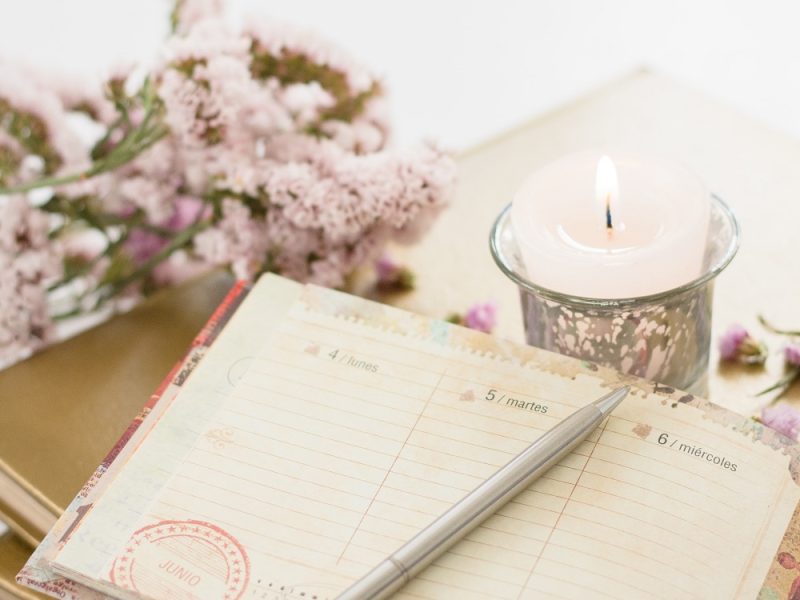In recent years, minimalism has taken the world by storm. It’s the art of decluttering your life, paring down to the essentials, and focusing on what truly matters. But here’s the plot twist: a new movement is on the rise, and it’s called intentionalism or intentional living.
Think of it as minimalism’s wiser, more introspective sibling. While minimalism focuses on “less,” intentionalism is all about “meaningful.”
It’s less about owning fewer things and more about living with purpose and making conscious choices. Curious? Let’s unpack this trend in a fun and interactive way.
Minimalism vs. Intentionalism: What’s the Difference?
Before we dive in, let’s set the stage with a quick comparison:
- Minimalism: “How much can I get rid of?”
- Intentionalism: “Why do I own or do this?”
Minimalism is the act of decluttering your closet; intentionalism is keeping that one dress because it reminds you of the best date night you ever had. It’s the shift from quantity to quality—from purging for the sake of space to curating for the sake of meaning.
The Rise of Intentionalism
So, why are people moving toward intentionalism? The short answer: life is more complex than stuff. The long answer involves the pandemic, environmental concerns, and a growing awareness of mental health.
As people spent more time at home, they realized it’s not just about having a clean space but about creating a life that aligns with their values.
Let’s Talk Stories: How People Are Embracing Intentionalism
To make this journey relatable, let’s meet a few folks who’ve shifted from minimalist to intentionalist lifestyles:
1.Priya, the “Former Shopaholic”
Priya used to love weekend shopping sprees. Inspired by minimalism, she purged her overflowing wardrobe, keeping only the essentials.
But a year later, she felt disconnected. “My closet was emptier, but I missed pieces that held memories,” she said.
Her shift to intentionalism involved keeping items like her grandmother’s vintage scarf and her college sweatshirt. Now, she calls her wardrobe “a memory capsule” and feels her outfits tell a story.
2. Raj, the “Digital Nomad”
Raj’s minimalist lifestyle started with selling his furniture and living out of a backpack. But hopping from city to city left him yearning for deeper connections.
Now, as an intentionalist, Raj spends more time in fewer places. He’s joined local communities and invested in a compact camera to document his travels. “Minimalism gave me freedom, but intentionalism gave me roots,” he said.
Interactive Break: Are You Ready for Intentionalism?
Grab a pen and paper or open your notes app. Answer these quick questions:
- What’s one thing you own that you couldn’t live without? Why?
- Name a recent activity that brought you genuine joy. How can you do it more often?
- Think of one commitment (personal or professional) that feels like a burden. Can you let it go?
If you’ve answered these questions, congratulations! You’re already taking steps toward intentional living.
The Intentionalist Toolbox
So, how do you embrace intentionalism? Here are some fun and actionable tips:
1. Conduct a “Why Audit”
Instead of decluttering, evaluate why you keep certain items. Ask yourself: Does this add value to my life? If not, it’s time to let it go.
Example: Hannah kept a waffle maker she never used. During her “why audit,” she realized she only kept it out of guilt because it was a gift. She donated it to a local shelter, where it now serves breakfast for dozens.
2. Mindful Consumption
Intentionalists don’t just own fewer things; they buy with care. Invest in sustainable, long-lasting products that align with your values.
Example: Swap fast fashion for a few timeless pieces. Choose reusable items over single-use ones. Bonus: It’s better for the planet!
3. Calendar Detox
It’s not just about physical items. Look at your schedule. Are you overcommitting? Free up time for what matters most.
Example: Ali canceled a weekly networking event she dreaded and used that time to start painting, a hobby she’d neglected for years.
Intentionalism for the Digital Age
Our online lives need intentionality too! Here’s how:
- Unfollow Ruthlessly: Curate your social media feed to include only accounts that inspire or uplift you.
- Set Screen Time Limits: Use apps like Forest or Digital Wellbeing to reduce mindless scrolling.
- Create Digital Memories: Raj started a travel blog to document his adventures, making his digital space as meaningful as his physical one.
Fun Challenge: “One Intentional Week”
Ready to give intentionalism a test drive? Try this one-week challenge:
- Day 1: Declutter one drawer but keep one item that holds sentimental value.
- Day 2: Plan a day where you only do activities that spark joy.
- Day 3: Make a “gratitude list” of five things that add meaning to your life.
- Day 4: Unsubscribe from emails or notifications that overwhelm you.
- Day 5: Write down your core values. Reflect on whether your daily habits align with them.
- Day 6: Spend an hour outdoors, fully present in the moment.
- Day 7: Share your experience with a friend or journal about it.
Why Intentionalism Is Here to Stay
Minimalism was a great start, but intentionalism feels like the natural next step. It’s not just about less but about more—more meaning, more joy, and more alignment with who you are and what you value.
As Priya, Raj, and countless others have discovered, intentionalism or intentional living turns life into a curated masterpiece. So, what’s stopping you? Take that first step. Whether it’s a single thoughtful purchase or a deeper commitment to your passions, intentionalism might just be the key to a life well-lived.
What do you think? Are you ready to embrace this new trend? Let’s start the conversation in the comments below!






